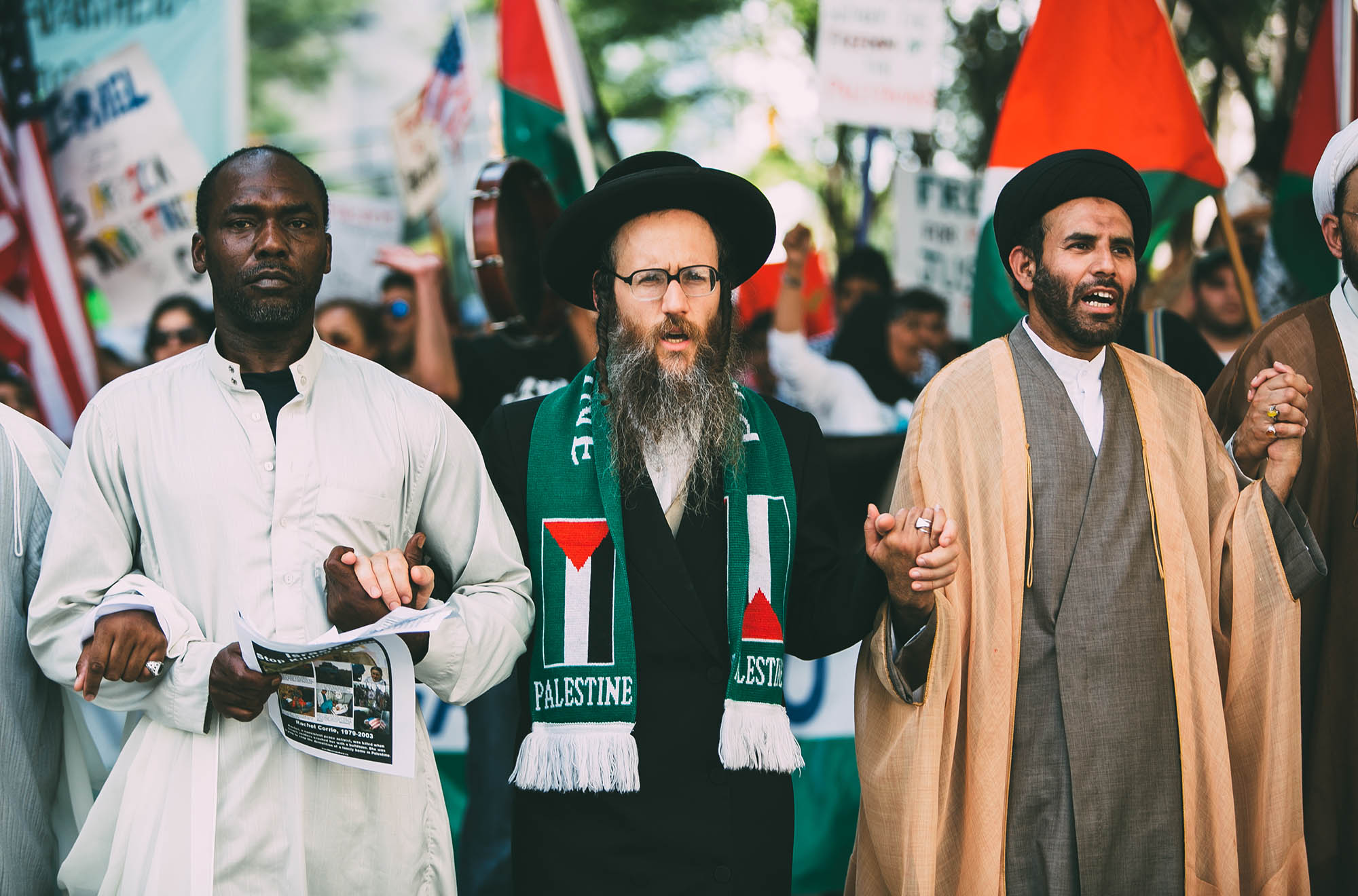We should commend religious scholar Karen Armstrong for using her TED Prize to champion compassion in interfaith and other relations. She’s also right to condemn anyone whose criticism of Islam is “neither accurate, fair, nor well-informed.”[1] But her moral crusading doesn’t exempt her from her own standards. And she’s neither accurate, fair nor well-informed in what she says of Islam.
When a Dutch interviewer asked, “Is there any difference between Jesus and Muhammad in terms of violence—or in other words, how do you explain that most terrorism now is inspired by Islam?” she replied:
“Terrorism has nothing to do with Muhammad, any more than the Crusades had anything to do with Jesus. There is nothing in Islam that is more violent than Christianity. All religions have been violent, including Christianity. There was nothing in the Muslim world like antisemitism: that is an import of the modern period. They got it from us. The missionaries brought it over…”[2]
Armstrong is technically right to say that:
- Muhammad* was unfamiliar with modern-day terrorism
- He never commanded terrorism per se
- Historically speaking, all of the world religions have been violent
- Christians may have slaughtered as many people as Muslims have
- Zionism has made modern Judaism violent
But she altogether sidesteps the question about the difference between Jesus and Muhammad.* Jesus only ever calls his followers to love their enemies—never to engage in warfare. Muhammad* repeatedly urged his followers to engage in warfare. She clearly wants to erase this major difference between Jesus and Muhammad.*
Armstrong is right to defend Muhammad’s honor against the charge that he was a terrorist. But she’s wrong to suggest that he didn’t reinstate religious violence, as a military general.
Muhammad* clearly
- Required his followers to enlist in his military campaign to take Mecca
- Fought and killed people unwilling to submit to his rule
- Promised that God would give any of his soldiers killed in battle immediate entrance to paradise[3]
Furthermore, Armstrong’s claim that Muslims weren’t antisemitic before Christian missionaries brought antisemitism to them is incomprehensible.
Muhammad* was certainly no more violent than Emperor Heraclius, his Byzantine contemporary. But the Qur’an clearly reinstated religious violence, giving it a place beyond mere self-defence. And we have abundant historical documentation that the early Muslims did as commanded, engaging in armed struggle (jihad) so effectively that they conquered much of the world within a century.
Unfortunately, when Armstrong claims the Qur’an authorizes only self-defensive warfare, people assume she’s a trustworthy authority on Islam’s formative history. In fact, she’s simply determined to remake Muhammad* into a Christ-like advocate of nonviolence—let history be damned. She knows reformist Muslims have no hope have of ridding their faith of its violent legacy except in separating Muhammad* and his first followers from their historical context. I sincerely wish that the Qur’an and early Muslim history fully aligned with my many warm, peace-loving Muslim friends. But we can’t simply wish the past away.
I wish I had a clear answer to the question of whether or not Islam is inherently violent—as this leaves me holding two things in tension.
The vast majority of Muslims want to live peaceably with non-Muslims, and I don’t question their sincerity at all. But I can’t join Armstrong in denying early Islam’s religious violence, any more than I can deny the violence of the Christian Crusades. However, the critical difference here lies in the fact that Jesus never authorized violence of any kind.
Armstrong doubtless makes her claims in an effort to protect our Muslim friends from the untold hatred of the alt-right. I can only commend her for wanting to do that. But we’re called to speak truth too. Twisting the truth here isn’t just wrong. It’s also counterproductive, strengthening both Islamic extremism and all its alt-right imitators.
*Peace be upon his descendants.
[1] https://artsbeat.blogs.nytimes.com/2014/12/26/the-blame-game-karen-armstrong-talks-about-fields-of-blood Accessed May 2, 2018.
[2] https://www.nieuwwij.nl/english/karen-armstrong-nothing-islam-violent-christianity/ Accessed May 2, 2018.
[3] The vast majority of Muslims, both Sunni or Shia, accept these statements as true. Only moderate Muslims—or better, reformist Muslims—don’t.




I prefer Armstrong’s interpretation of Islam. And her scholarship of the meaning of words such as “jihad”. I think she is correct. The politics of empire and the politics of the Catholic church, in particular, have given incorrect meaning to both Jesus Christ and Mahommad, through history. And look where we are now.
I have no trouble understanding why you prefer Armstrong’s interpretation, Keith. Personally, I prefer it also. But I don’t think we can allow our preference (or Karen Armstrong’s) to decide which interpretation is correct. It’s got to be based on the historical record. And unfortunately, Armstrong fails us spectacularly there.